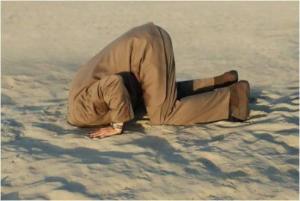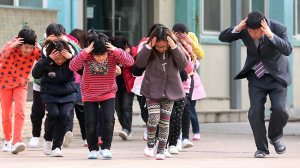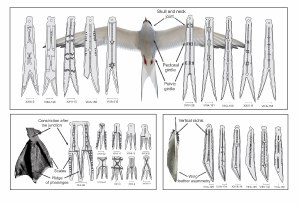 Thank you, John Horgan, for writing it.
Thank you, John Horgan, for writing it.
We Americans are justifiably outraged at the attacks in Boston, which killed three innocent people and injured many more. But over the past 12 years our own nation has killed and maimed thousands of innocent people while carrying out military operations in Iraq, Afghanistan and Pakistan. Estimates of war casualties are notoriously unreliable and should always be viewed with skepticism. But according to the reputable group Iraq Body Count, between 2003 and 2011 U.S.-led coalition forces in Iraq killed 14,906 civilians, including at least 1,201 children.
Such killings continue. On April 8, The New York Times reported that an American airstrike in Afghanistan killed at least 10 children and wounded at least five women. The incident was not even major news; it ran not on the front page of the Times but on page eight, because incidents like these are common. How can we condemn the killings in Boston but excuse the killing of civilians by our soldiers in war zones?
One obvious response is that, unlike the Boston bombers, the U.S. pilots did not want to harm civilians. Their target was a Taliban commander. The U.S. military prefers not to kill civilians and often apologizes when it does. Intention matters, morally and legally; intention is what distinguishes murder from manslaughter. But if you keep doing something over and over again, at some point apologizing and saying you didn’t mean it becomes meaningless. Doesn’t it?


